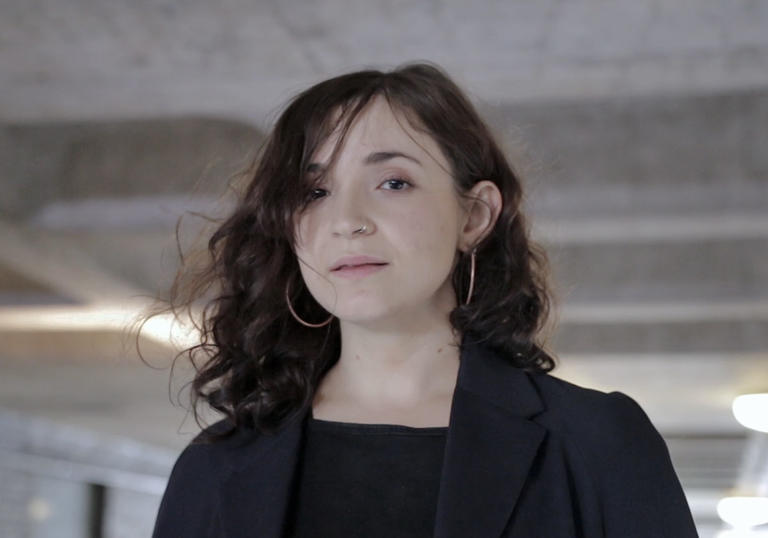What inspired your poem this month?
In the context of recent events in Israel/Palestine, I wanted to confront my own confusion and frustration with the fraught concepts of homeland and homecoming. Philip Larkin wrote that ‘home is so sad’: To go home is to confront the distance between idealisation and reality and I wanted to explore how all existing homelands are morally compromised and politically troubled. This seems particularly urgent given the tension many British Jews feel between different conceptions of Zionism and the actions of the Israeli government, in the context of a fraught public debate over Jewish identity. The poem isn’t autobiographical, but my familial connection to Israel and to diaspora Judaism drew me to the subject – particularly after reading some of Rachel Long’s recent work on families both as means of survival and myth-making machines.
Who do you think writes well on the subject of change?
Some of the best poets around have a way of capturing cinematic leaps between moments of silence and stillness, to distil vast sweeps of political change into the few minutes it takes you to read or listen to a poem. The poets who grapple best with this are those who try and grasp the political by reaching through the personal: Danez Smith, Patricia Smith, Claudia Rankine, Aimee Nezhukumatathil, Ocean Vuong to name a handful.
Some of the best poets around have a way of capturing cinematic leaps between moments of silence and stillness
Why do you think poetry is a good way to talk about change?
As we’re always forced to the outer frontiers of history, we cannot make sense of the present in the same way we make sense of the past. We’re laying the rail tracks just in front of the moving train. It can feel incredibly disorienting, confusing and almost claustrophobic to live out these changes anchored in the partiality and uncertainty of our everyday lives. Poetry presents us with a mode of embracing that kind of doubt and uncertainty, giving us a way of writing through the chaos, exploring it not as something disorientating, but as a source of possibility. It gives us a way of staying with the trouble, dwelling in uncertainty – and hopefully, therefore, not retreating into despair or apathy.
How has poetry changed your life?
I’ve always read a lot of poetry – a preoccupation which started long before I ever thought to try my hand at actually writing it. Since then, the discipline of writing (the obsession, really) has nurtured a curiosity about the detail of everyday life; a hunger for the small strange intimate things is necessary if you’re continually dredging the world for new material.

